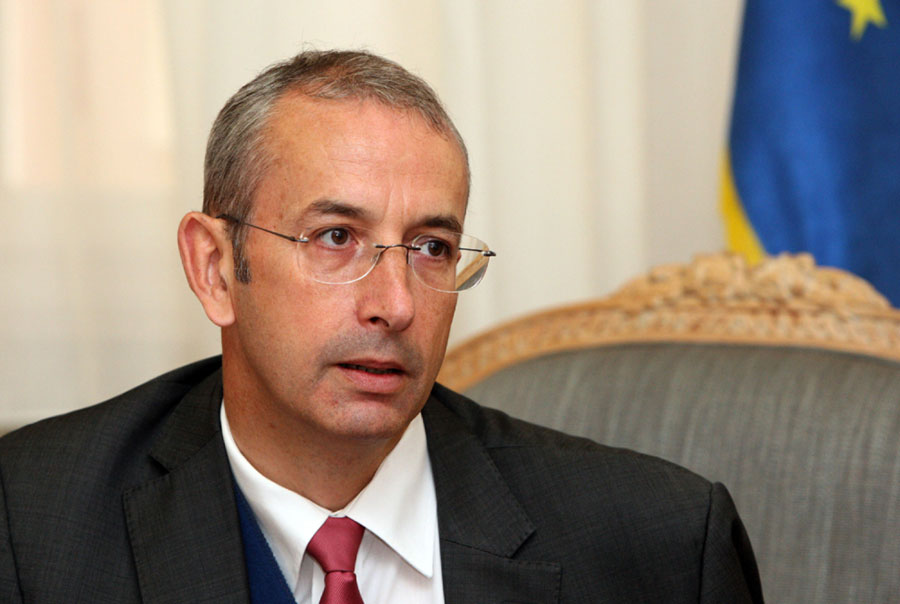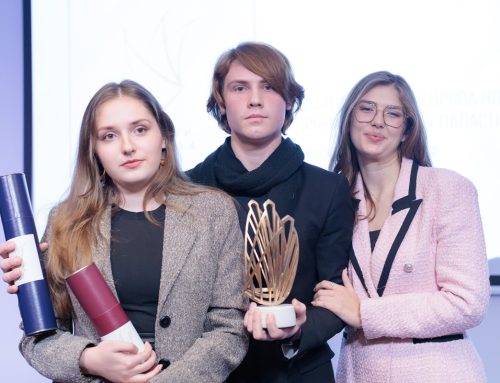It is up to Serbia to define its policy towards NATO and the partnership approach is the right one, Head of the EU Delegation to Serbia Michael Davenport said at the international conference Belgrade NATO Week.
“The EU is Serbia’s strategic goal, as it had reaffirmed multiple times, but we are also witnessing an evolution of Serbia’s approach towards partnership with NATO,“ said Davenport.
The conclusion of the Individual Partnership Action Plan (IPAP) has been a big step on that path. “It is up to Serbia to define its policy towards NATO, and the partnership approach is the right one and is one that would secure strong support not just from NATO, but also from individual member states,“ Davenport said.
As he put it, in his six years in Serbia he has noticed readiness to talk privately about a closer relationship with NATO and hesitation to talk about it publicly.
Davenport said that NATO was one of the important cornerstones of security not only of its member states, but also the ones striving for its membership.
“EU Member States that are not in the NATO,“ Davenport said, “see the Alliance as an important factor of their security as they are either members of the Partnership for Peace Programme or strive to join it.“
According to him, every country is aware of the fact that new challenges transcend individual organisations and there is no organisation capable of dealing with a wide range of security issues.
“It is crucial to draw attention to the fact that the Warsaw Summit stepped up the cooperation. This means that certain principles should not only be written down but implemented as well,“ Davenport said.
Ex Ambassador and a Permanent representative of Italy to NATO Stefano Stefanini said there were still remnants of antagonistic sentiment echoing in Serbia due to 1999 bombing.
He said that we should overcome those feelings, adding that 70 years later, Italy and Germany are allies with those who defeated them in the Second World War.
“This does not necessarily mean that Serbia should seek membership in the NATO, but it means that it should perceive NATO differently than it did back in 1999. Serbia should stop dwelling in the past and start looking to the future,” Stefanini said.
Speaking about EU-NATO relations following the Warsaw Summit, Stefanini said that the Summit did more than it seems and stressed the “unprecedented cooperation” between the two organisations.
He, however, pointed to two important events in the follow-up to the Summit – the Brexit and Donald Trump’s victory in the US election.
Stefanini believes that the Brexit will “change the dynamics” within NATO, adding that Trump is not committed to European integration.
“It is worth noting that NATO and the EU are at the same time building their transatlantic relations together and are the pillars of those relations,” Stefanini said.




